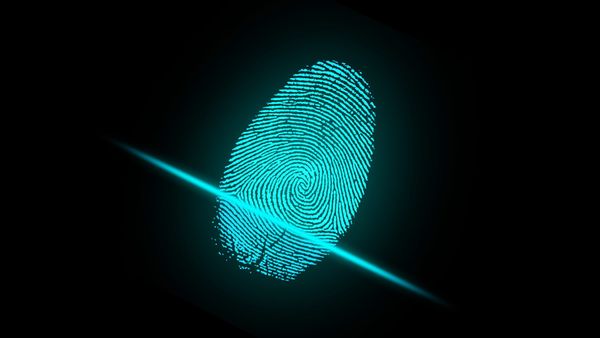Self-driving cars can be hacked with some stickers and a printer, researchers found

Car hacking has never been easier, as a group of computer security researchers from University of Washington, University of Michigan Ann Arbor, Stony Brook University and University of California, Berkeley came up with a new attack method – road sign manipulation.
Without displaying extraordinary hacking skills, anyone with a decent printer can apparently print at home some stickers, place them on road signs and cause major confusion for a number of self-driving cars. The strategy was tested on signs such as Stop, Speed Limits, Yield and Turn.
“Our algorithm can create spatially constrained perturbations that mimic vandalism or art to reduce the likelihood of detection by a casual observer,” the paper reads.

Due to some drawbacks in the image recognition system, simple stickers mimicking vandalism could make it difficult for autonomous cars to identify what the signs read, and in certain situations even cause accidents.
“We show that adversarial examples generated by Robust Physical Perturbations (RP2) achieve high success rates under various conditions for real road sign recognition by using an evaluation methodology that captures physical world conditions,” the researchers explained.
The deep neural networks that normally recognize road signs, pedestrians, other cars and lights through cameras attached to the cars, can be easily manipulated to deviate from their normal behavior. For example, as researchers showed in their first exploit, hackers could manipulate an autonomous car to confuse a Stop sign with a Speed Limit indicator. For this, the group used a stop sign made to look slightly run-down for the human eye, yet completely confusing for a self-driving car.
“We physically realized and evaluated two attacks, one that causes a Stop sign to be misclassified as a Speed Limit sign in 100% of the testing conditions, and one that causes a Right Turn sign to be misclassified as either a Stop or Added Lane sign in 100% of the testing conditions.”

tags
Author
After having addressed topics such as NFC, startups, and tech innovation, she has now shifted focus to internet security, with a keen interest in smart homes and IoT threats.
View all postsRight now Top posts
How to Protect Your WhatsApp from Hackers and Scammers – 8 Key Settings and Best Practices
April 03, 2025
Outpacing Cyberthreats: Bitdefender Together with Scuderia Ferrari HP in 2025
March 12, 2025
Streamjacking Scams On YouTube Leverage CS2 Pro Player Championships to Defraud Gamers
February 20, 2025
How to Identify and Protect Yourself from Gaming Laptop Scams
February 11, 2025
FOLLOW US ON SOCIAL MEDIA
You might also like
Bookmarks








